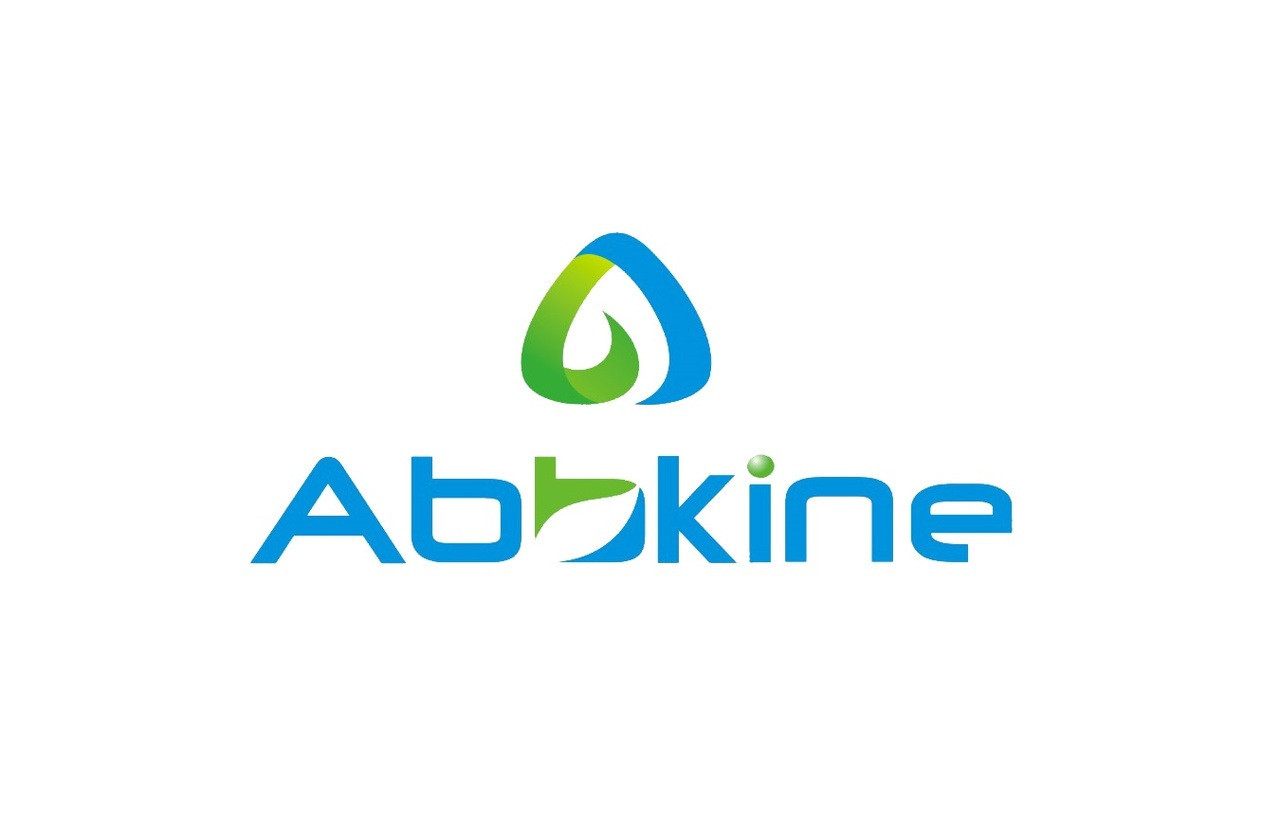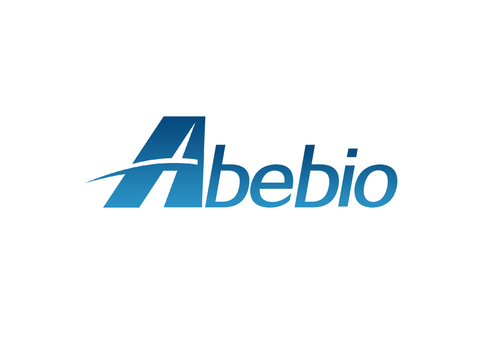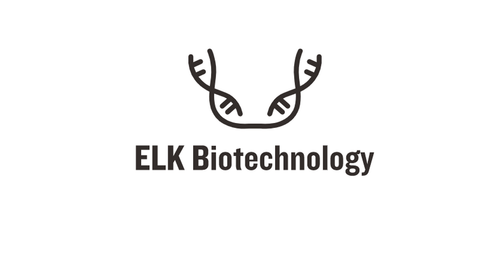Product Description
Mouse Tumor necrosis factor alpha-induced protein 2 (TNFAIP2) ELISA Kit | KTE70135 | Abbkine
Application: This Mouse Tumor necrosis factor alpha-induced protein 2 (TNFAIP2) ELISA Kit employs a two-site sandwich ELISA to quantitate TNFAIP2 in samples. An antibody specific for TNFAIP2 has been pre-coated onto a microplate. Standards and samples are pipetted into the wells and anyTNFAIP2 present is bound by the immobilized antibody. After removing any unbound substances, a biotin-conjugated antibody specific for TNFAIP2 is added to the wells. After washing, Streptavidin conjugated Horseradish Peroxidase (HRP) is added to the wells. Following a wash to remove any unbound avidin-enzyme reagent, a substrate solution is added to the wells and color develops in proportion to the amount of TNFAIP2 bound in the initial step. The color development is stopped and the intensity of the color is measured.
Detection Method: Colorimetric
Conjugate: N/A
Sample Type: Cell culture supernatants#Serum#Plasma#Other biological fluids
Assay Type: Multiple steps standard sandwich ELISA assay with a working time of 3-5 hours. It depends on the experience of the operation person.
Kit Component: • Mouse Tumor necrosis factor alpha-induced protein 2 microplate
• Mouse Tumor necrosis factor alpha-induced protein 2 standard
• Mouse Tumor necrosis factor alpha-induced protein 2 detect antibody
• Streptavidin-HRP
• Standard diluent
• Assay buffer
• HRP substrate
• Stop solution
• Wash buffer
• Plate covers
Features & Benefits: Mouse Tumor necrosis factor alpha-induced protein 2 (TNFAIP2) ELISA Kit has high sensitivity and excellent specificity for detection of Mouse TNFAIP2. No significant cross-reactivity or interference between Mouse TNFAIP2 and analogues was observed.
Calibration Range: Please inquire
Limit Of Detection: Please inquire
Usage Note: • Do not mix components from different kit lots or use reagents beyond the kit expiration date.
• Allow all reagents to warm to room temperature for at least 30 minutes before opening.
• Pre-rinse the pipet tip with reagent, use fresh pipet tips for each sample, standard and reagent to avoid contamination.
• Unused wells must be kept desiccated at 4 °C in the sealed bag provided.
• Mix Thoroughly is very important for the result. It is recommended using low frequency oscillator or slight hand shaking every 10 minutes.
• It is recommended that all samples and standards be assayed in duplicate or triplicate.
Storage Instruction: The unopened kit should be stored at 2 - 8°C. After opening, please store refer to protocols.
Shipping: Gel pack with blue ice.
Precaution The product listed herein is for research use only and is not intended for use in human or clinical diagnosis. Suggested applications of our products are not recommendations to use our products in violation of any patent or as a license. We cannot be responsible for patent infringements or other violations that may occur with the use of this product.
Background: The TNFAIP2 gene was induced in HUVECs in response to the proinflammatory molecules TNF, IL1B, and lipopolysaccharide. TNFAIP2 demonstrated the characteristics of a primary response gene in its rapid and substantial induction in the absence of intermediary protein synthesis. The authors found that TNFAIP2 transcription was induced during capillary tube formation in vitro. Northern blot analysis detected a 4.2-kb human TNFAIP2 transcript. During mouse development, expression of the Tnfaip2 transcript varied in a temporal fashion that was organ-specific. The TNFAIP2 cDNA encodes a predicted 654-amino acid protein with a single N-linked glycosylation site; stretches of glutamates, lysines, and alanines near the N terminus; and 4 glutamines near the C terminus.
Alternative Names: TNFAIP2; B94;
Search name: TNFAIP2; B94;
Tag: TNFAIP2
 Euro
Euro
 USD
USD
 British Pound
British Pound
 NULL
NULL








